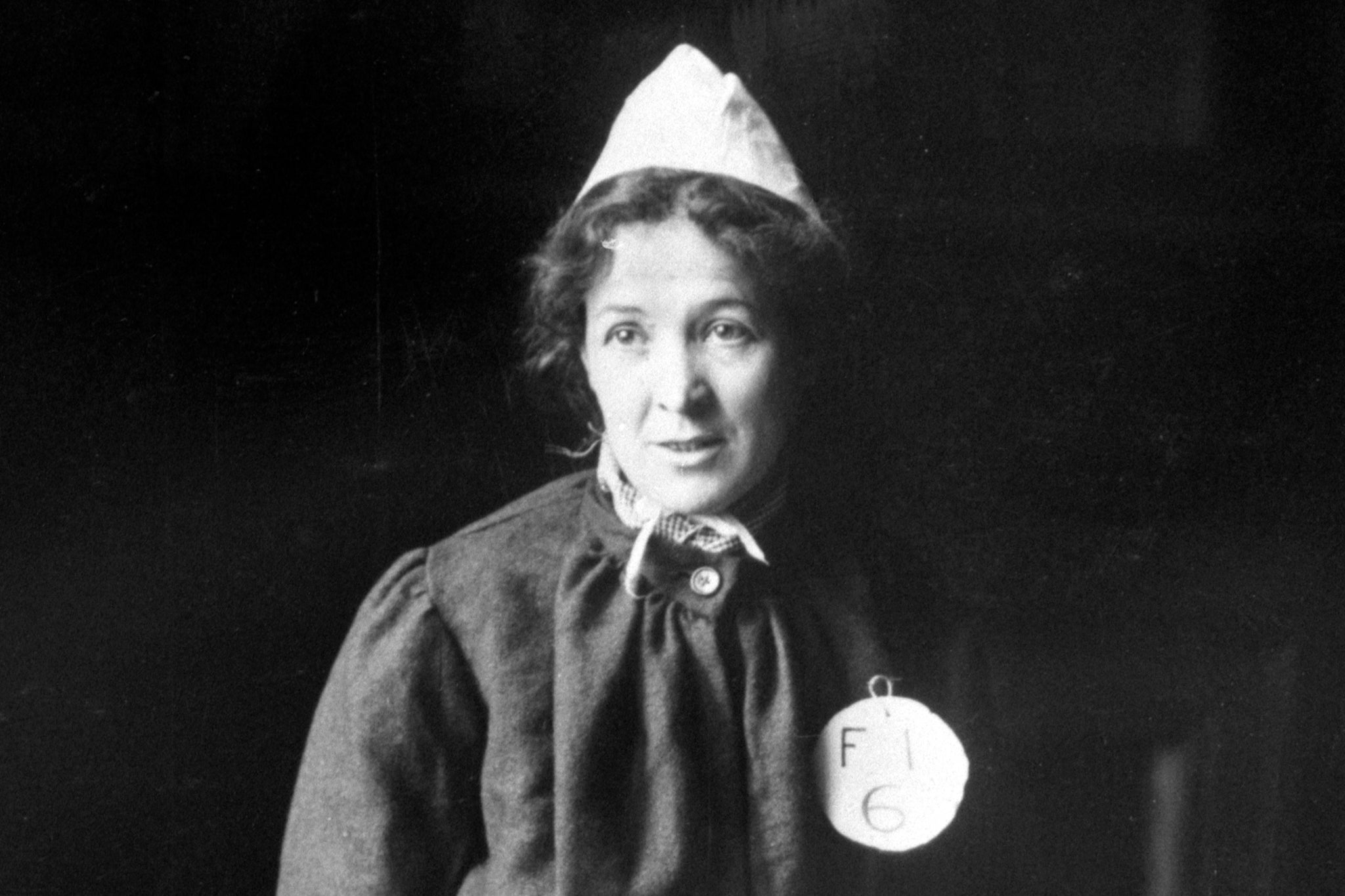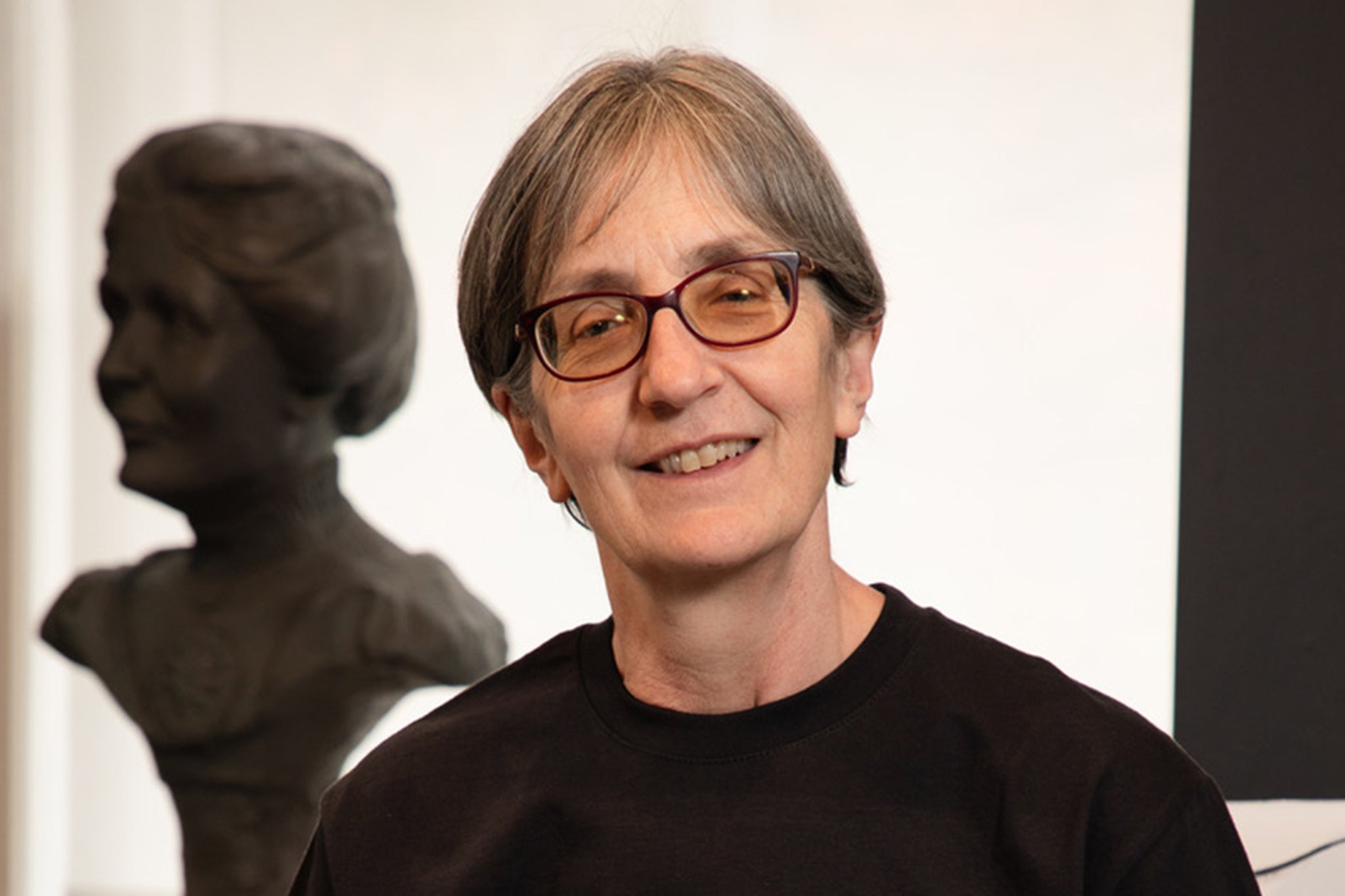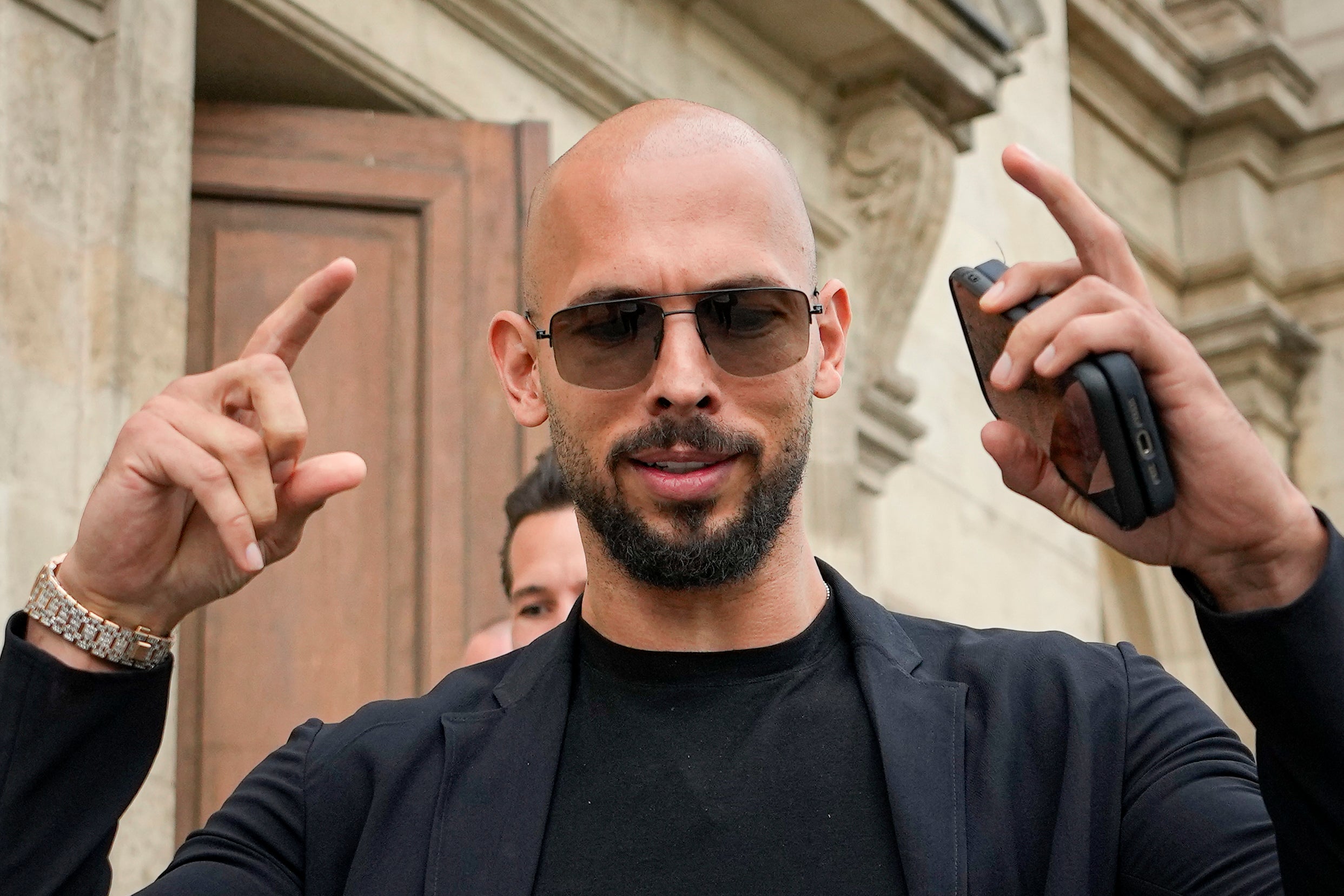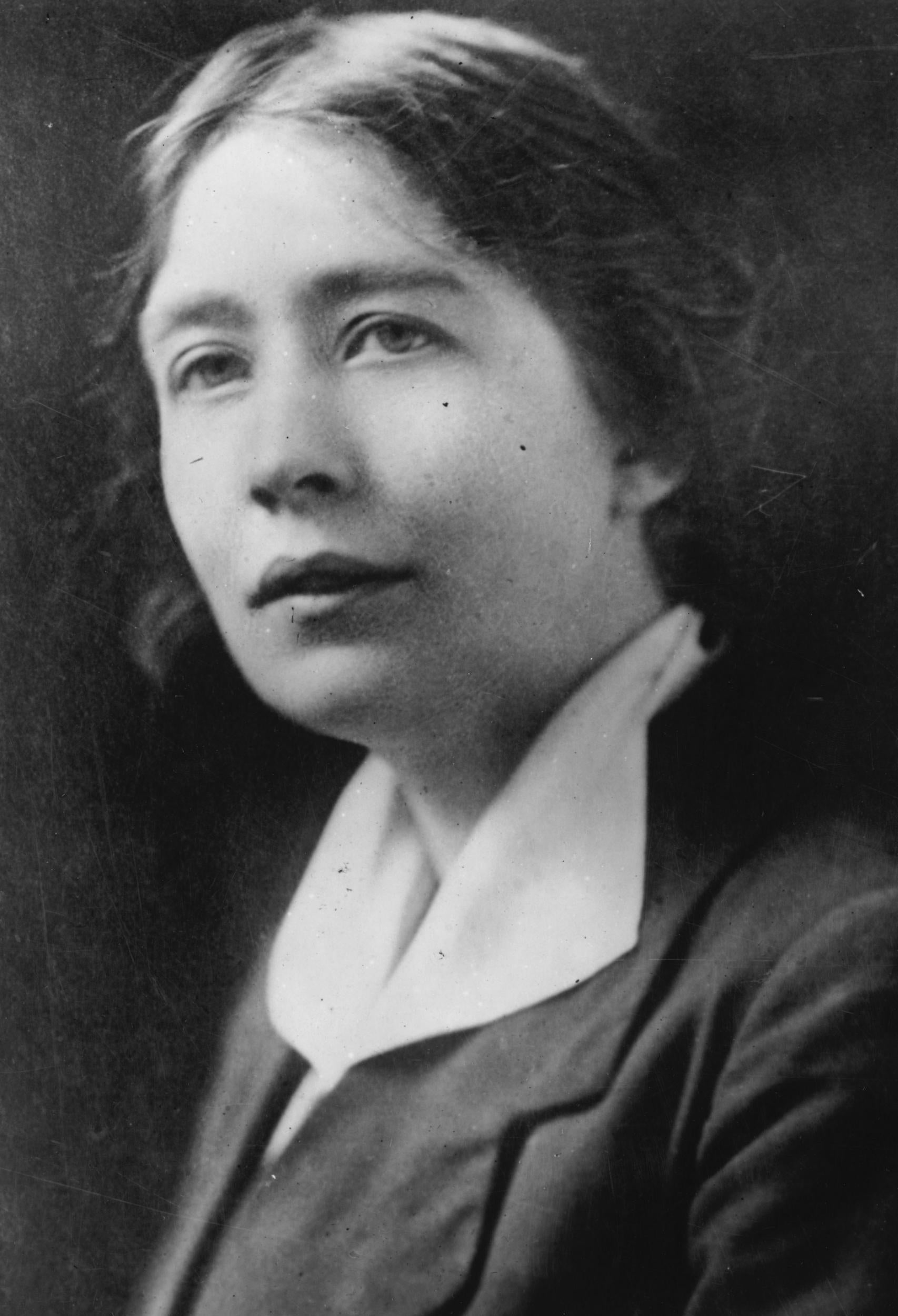Suffragette Emmeline Pankurst would be troubled by rise of misogynistic influencers, great granddaughter says
Exclusive: ‘They had the same type of extreme male chauvinist behaviour during their time,’ Professor Helen Pankhurst says

Suffragette activists would be concerned by the rise of misogynistic influencers, the great granddaughter of Emmeline Pankhurst has said.
Professor Helen Pankhurst – also the granddaughter of socialist feminist writer Sylvia Pankhurst, said the feminist pioneers would also be “very frustrated” with the lack of progress on gender equality.
Speaking to The Independent, Prof Pankhurst argued Emmeline and Sylvia would blame this slow progress on the predominantly male political establishment.
“Emmeline and Sylvia would recognise and be concerned by the rise of misogynistic influencers and a backlash against feminism,” the campaigner, who founded Centenary Action, added. “They had the same type of extreme male chauvinist behaviour during their time. They know exactly what it looks like but the format has changed as it is now on social media. There were also times when there was more or less of this misogyny during their lifetimes.”
Her comments come as misogynistic influencers gain increasing support on social media and research has unearthed a growing ideological gap between young men and women - with young women becoming more liberal and young men growing more conservative.

Previous exclusive polling reported by The Independent revealed around a quarter of young men agree with misogynistic influencer Andrew Tate’s views on how women should be treated.
Prof Pankhurst said she has “absolutely no doubt” Emmeline and Sylvia Pankhurst would be “very frustrated with the rate of progress on gender equality and lay the dominant responsibly for that on the establishment”.
Prof Pankhurst added: “Those with power are predominantly men. Whatever differences they had - frustration with lack of progress would unite Suffragists and Suffragettes and even mother and daughter.”
While the Suffragists used peaceful moderate tactics to campaign for women’s right to vote, the Suffragettes wielded militant methods that involved breaking the law to enfranchise women.

Discussing her relatives, she said: “They come from different party perspectives towards the end of their lives. Emmeline was Conservative and Sylvia was Labour. I think they would still support those parties.”
Prof Pankhurst, who has been campaigning for women to vote in the snap election on 4 July, argued proper representation is key to a successful political system.
“I feel in my gut that if we had a more representative parliament - so if we had real diversity and representation - I do think the policies would be so much better,” she added. “It should be truly representative of its citizens taking into account diversities such as gender, class, race, disability and sexuality.”
Only one per cent of MPs identify as being disabled whereas 20 per cent of the population states they have a disability, she said.

Exclusive data from her organisation shows 47 per cent of Labour candidates are women, while women constitute 33 per cent of Tory hopefuls and 29 per cent of Lib Dem and Plaid Cymru candidates are women.
Meanwhile, women make up 44 per cent of Green Party hopefuls, 39 per cent of SNP candidates and 15 per cent of Reform Party candidates are women.
The Independent recently reported the number of female parliamentary candidates competing to become MPs at the general election has sunk to 30 per cent – with figures from campaign group 50:50 Parliament showing the number has decreased by four per cent since the last election.
“When men in power have women in equal numbers in power they change their attitudes to women,” Prof Pankhurst said. “You hear women in parliament say that, when there are just a few of them, they assume they are just cleaners and support staff. But when there are the same number in spaces, whether that is in parliament or board rooms, they no longer think the women are subservient or are there to do the minutes or make the tea.”
Join our commenting forum
Join thought-provoking conversations, follow other Independent readers and see their replies
Comments
Bookmark popover
Removed from bookmarks